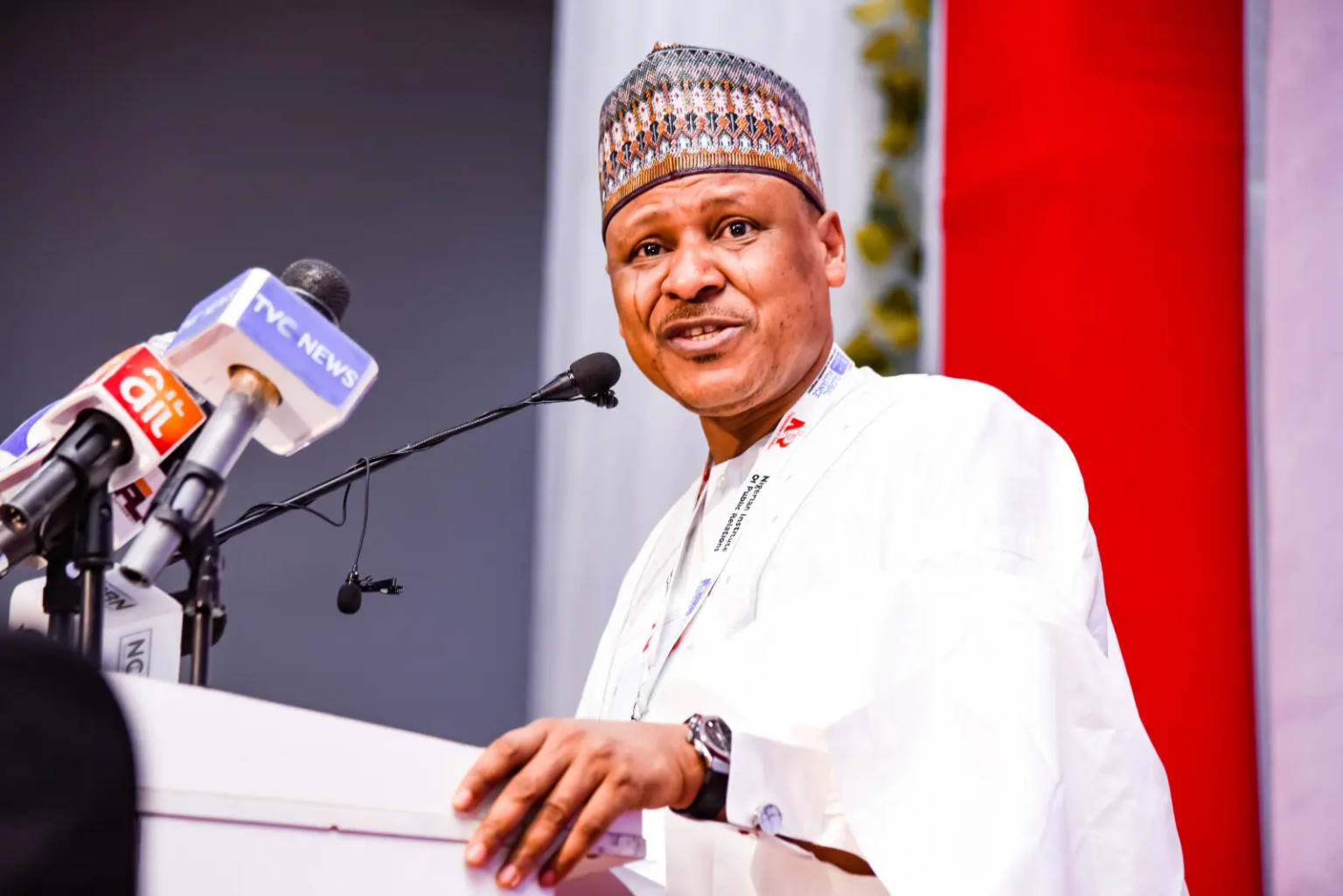At the National Global Media and Information Literacy Week 2024 celebration, Mohammed Idris, Minister of Information and National Orientation, underscored the essential role of digital literacy in combating misinformation and promoting responsible media consumption.
The event, held on Friday, October 25, focused on the theme “New Digital Frontiers of Information: Media and Information Literacy for Public Interest Information,” and was organised by the International Media and Information Literacy Institute in collaboration with UNESCO and the National Commission for UNESCO.
Idris spoke on the transformative power of the digital age, noting that social media, generative AI, and online content creation have greatly expanded access to information.
However, he cautioned that these advancements also facilitate the rapid spread of misinformation and disinformation.
“The rise of social media, generative Artificial Intelligence, online platforms, and the new generation of digital content creators has democratized information flow, allowing voices from all corners of society to be heard,” Idris stated.
“Yet, this digital landscape presents serious challenges, particularly with the proliferation of misleading information, whether created by individuals or generated by AI.”
The minister called for nationwide media literacy initiatives aimed at equipping citizens with the skills necessary to discern credible sources and critically evaluate information.
“Empowering our citizens with the tools to navigate this complex information environment has never been more crucial,” he remarked, emphasising the need for media and information literacy to help individuals engage responsibly with digital content.
Idris also highlighted the establishment of a UNESCO-certified International Media and Information Literacy Institute in Nigeria, fulfilling a commitment made during Nigeria’s hosting of the Global Media and Information Literacy Week Conference in 2022.
The proposed institute will focus on educating Nigerians and global citizens about safe media practices and digital communication.
As Nigeria prepares for a UNESCO readiness assessment for the institute, Idris expressed optimism about the country’s compliance and potential contributions to global media literacy efforts.
He urged media professionals, educators, youth, and content creators to advocate for responsible media practices, emphasizing the importance of ethical standards in disseminating public interest information.
In closing, the minister called on all stakeholders to foster an environment that promotes accurate, transparent, and responsible engagement, crucial for navigating today’s complex information landscape.



